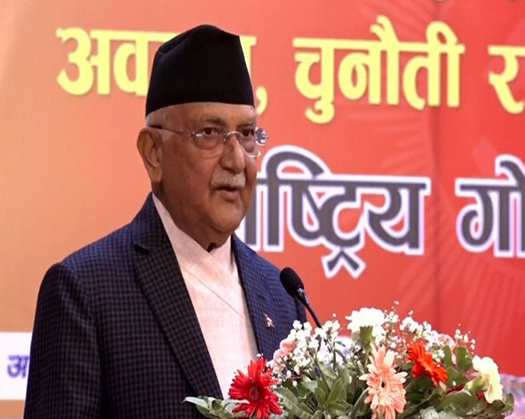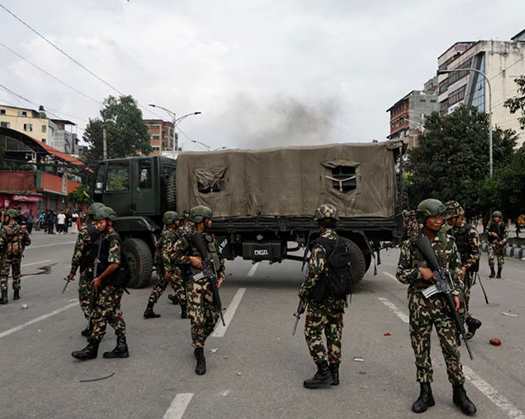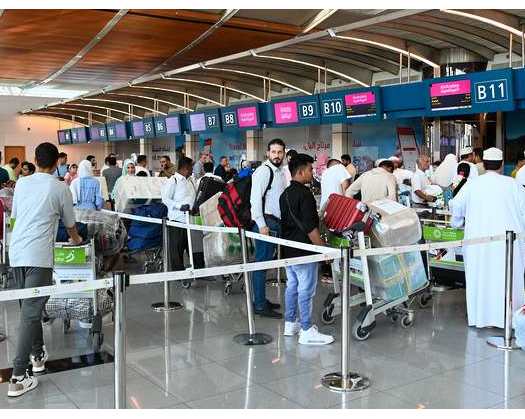Muscat: The Ministry of Labour conducted a workshop today entitled “Impact of Maternity Leave Legislation and Regulations on the Labour Market and Prospects for Development in the GCC States."
This event took place in Muscat in collaboration with the Executive Office of the GCC Council of Labour Ministers.
The workshop was organized following a decision made during the 10th meeting of the GCC Labour Ministers, which tasked the Executive Office with coordinating a specialized workshop on this subject in conjunction with the GCC Secretariat General.
The primary objective of the workshop was to facilitate the exchange of experiences among GCC states regarding the implementation of maternity leave policies, to foster flexible work arrangements that support female employees, and to offer recommendations for enhancing labour regulations pertaining to women's rights.
The discussions focused on four key areas: examining the effects of maternity leave on the turnover rates of female versus male employees, identifying factors contributing to job instability; investigating the reasons behind employers' hesitance to hire women due to maternity leave obligations and the subsequent impact on competition and labour markets; assessing the extent of ‘lost work’ and the associated compensation within organizations, while exploring methods for centralizing compensation disbursement and developing legislation to address disparities in women's rights across public and private sectors.
The workshop also explored strategies to enhance the working environment for female employees, featuring presentations from the International Labour Organization (ILO) and the Doha International Family Institute.
Additionally, the Executive Office of the GCC Council of Labour Ministers prepared a report on maternity leave policies in the GCC region, which evaluated local legislation against international standards, particularly focusing on Convention No. 183 concerning Maternity Protection.










